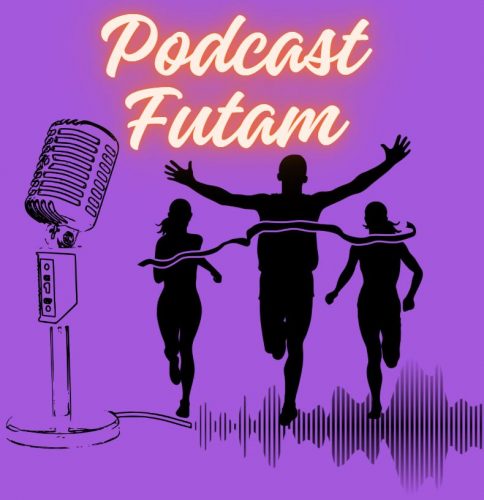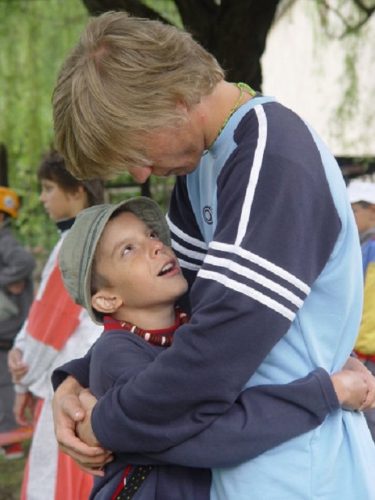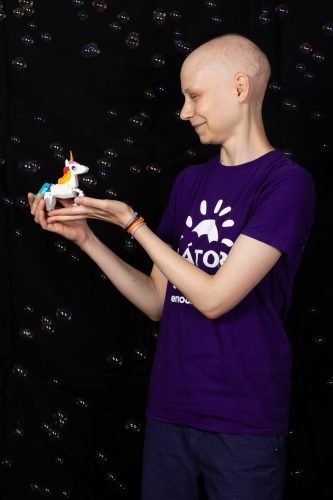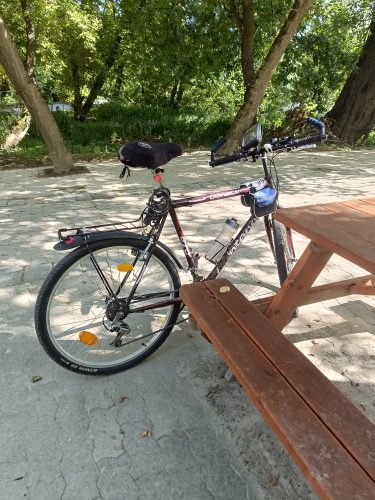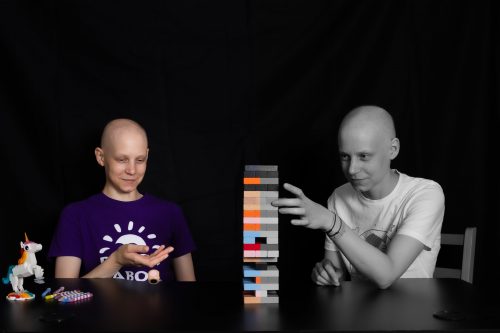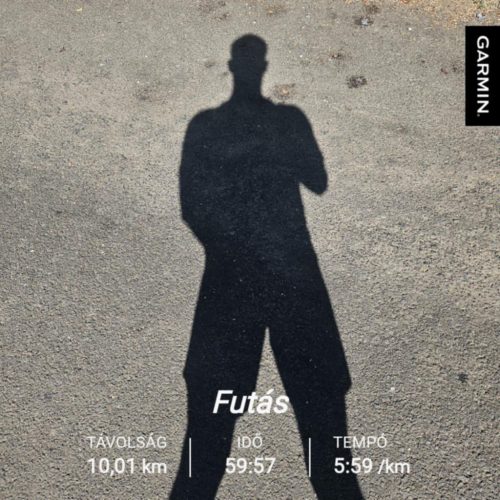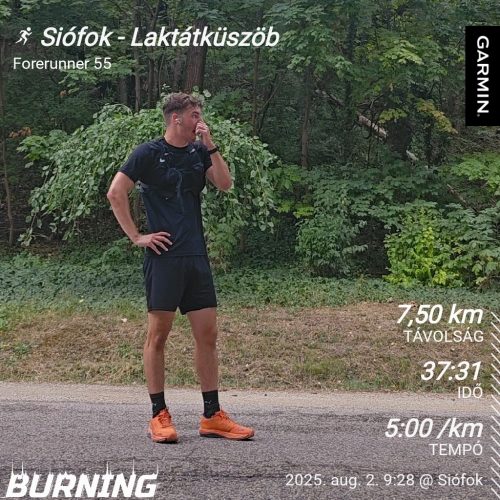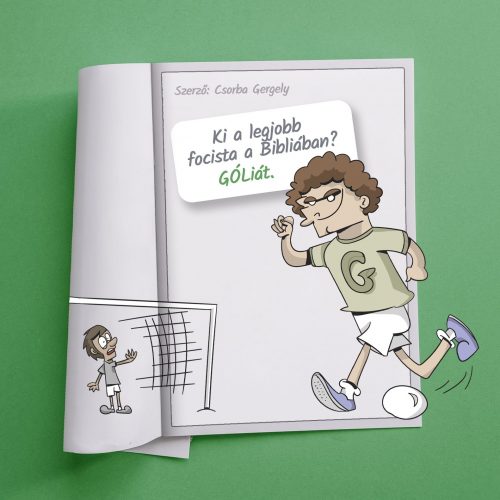Our ÉK foundraisers wrote

Új bejegyzés
Finishline: Last 20 meters we done together, incredible feeling after the excitements of the first day
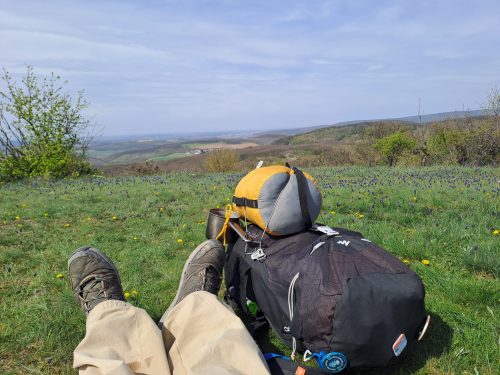
Új bejegyzés
(Magyar) A Bátor Tábor önkéntes cimbije, de miért? Természetjáró, de miért? Egyikünk sem lehet csak jó, vagy csak kedves. Senki sem tökéletes, és (tudtommal) senki sem szent. Én vagyok az is, aki hibázik, én vagyok az, aki megnevettet néha, én vagyok az is, aki türelmetlen, és az is én vagyok, aki gyógyítani próbál. Egy kiadós túra, kapcsolódni a természettel ugyanazt az érzést adja számomra, mint amikor belépek a Bátor Táborba, és a társaimmal közösen nekigyürkőzök egy turnusnak, amiről tudom, hogy kimerítő lesz, de mindenképpen felemelő. Ilyenkor közelíthetek kicsit önmagam jobb ...
Új bejegyzés
(Magyar) Megúsztam 😀 Összességében jól sikerült nap volt! Arra számítottam, hogy hideg lesz a víz, de ez nem volt probléma, nem éreztem hidegnek egyáltalán. Az eleje volt nehezebb, inkább a túlgondolkodást kikapcsolni... De a visszafordító előtt már jó volt. Kb 2 órás időt terveztem, így nagyon meglepett, mikor valaki a végefelé mondta, mennyi az idő, majd a chip leolvasása után mondták is,hogy 1: 31. 😊 Utána még az Élménykülönítményes sátornál bandáztam, vátam az öcsémet. ( ő az egész távot úszta meg.)
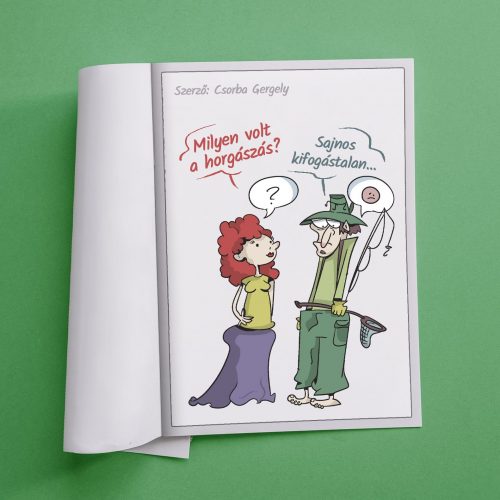
Daily jokes and cartoons 80/80
- How was fishing? - Impeccable, unfortunately. (The joke being that the Hungarian for "Impeccable" ("Kifogástalan") literally means "Without objections", and "Objection" is "Kifogás", which also means "fishing something out". So impeccable also translates to "without something to fish out", which is obviously the opposite of an "impeccable" fishing trip. Hope that made sense, sorry... Still, hope you had some fun over the last 80 days. See you around. G)
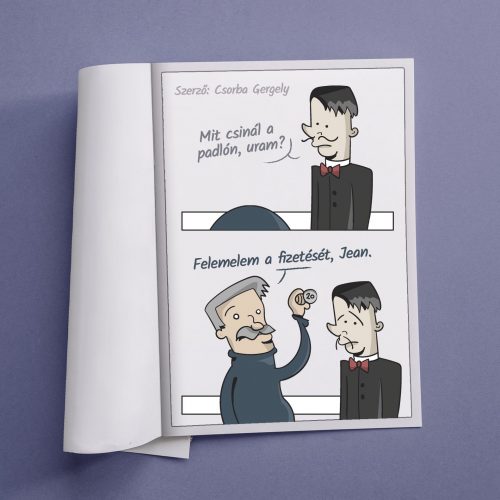
Daily jokes and cartoons 79/80
- What are you doing down on the floor, Sir? - I'm raising your salary, Jean.
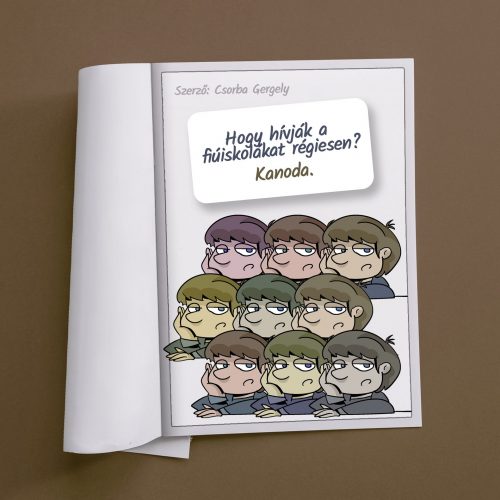
Daily jokes and cartoons 78/80
This is rather abstract. "Kan" is a word for "Male" in Hungarian, usually used for animals. "Tan" refers to "Tanulás", which is learning. "Tanoda" is an older term for "School". So the joke is: - What do you call a male only school? - Kanoda ("Malestitute").
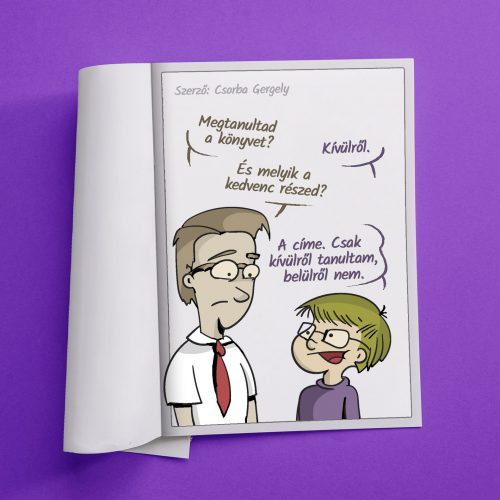
Daily jokes and cartoons 77/80
- Do you know the book? - By heart (In Hungarian, this this "Kívülről", which can also mean "from the outside"). - And which was your favourite part? - The title. I know it by heart ("from the outside"), not from the inside.
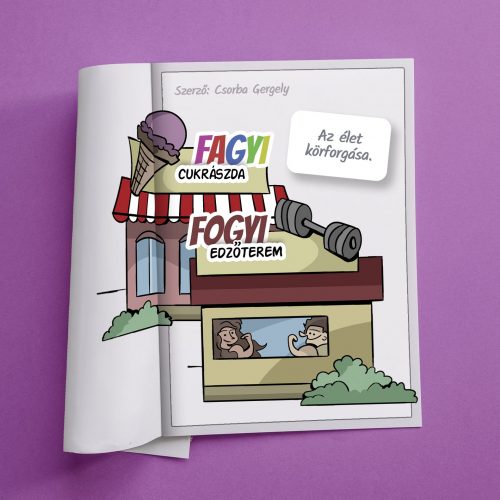
Daily jokes and cartoons 75/80
The circle of life: ice cream to the gym to ice cream to the gym, etc.. ("Fagyi" is "Ice cream" in Hungarian, and "Fogyi" is a cute way to say "Weight loss".)





